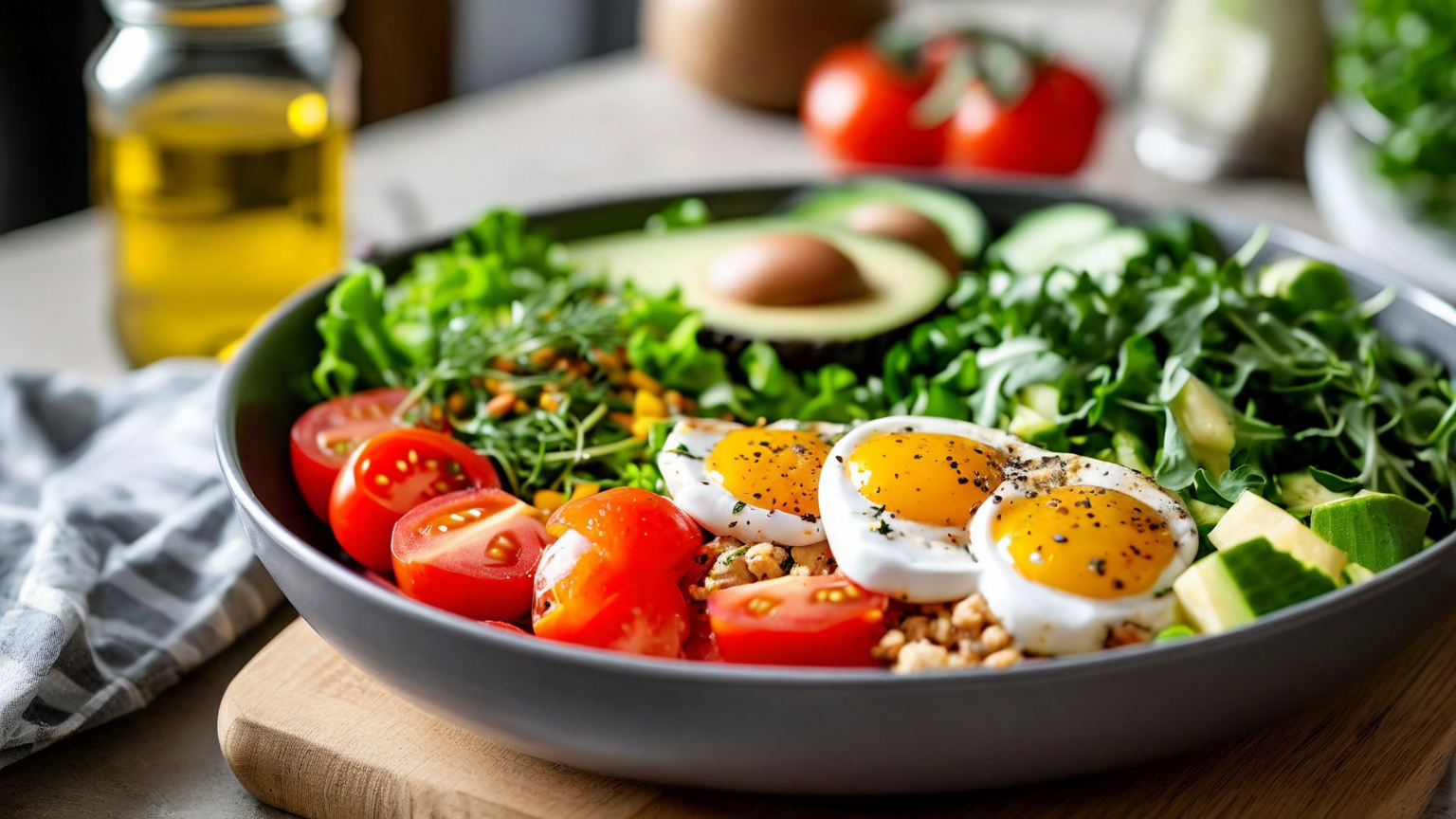top power packed lunches is a key focus of this article. For athletes, nutrition is more than just calories—it's the cornerstone of peak performance. A well-crafted lunch can be the difference between a mediocre training session and a personal best. In this comprehensive guide, we'll explore ten nutrient-dense lunch options that cater specifically to the unique needs of athletes, providing practical tips for meal planning and preparation to fuel your athletic journey.
The Athlete's Plate: A Science-Based Approach
top power packed lunches is a key focus of this article. An optimal athlete's meal is a strategic blend of macronutrients and micronutrients, carefully balanced to support performance and recovery. Here's a breakdown of the essential components:
- High-Quality Proteins: Crucial for muscle repair, growth, and maintenance
- Complex Carbohydrates: Provide sustained energy for training and competition
- Healthy Fats: Support hormone production and aid in nutrient absorption
- Vitamins and Minerals: Essential for overall health, energy production, and recovery
- Hydration: Critical for maintaining performance, focus, and physiological functions
top power packed lunches is a key focus of this article. By incorporating these elements into your lunch, you'll be laying the groundwork for optimal athletic performance and recovery.
10 Nutrient-Dense Lunch Ideas for Athletes
1. Grilled Chicken Quinoa Power Bowl
top power packed lunches is a key focus of this article. This protein-packed bowl combines lean protein with complex carbs and a variety of antioxidant-rich vegetables.
- Grilled chicken breast (4-6 oz)
- Quinoa (1/2 cup cooked)
- Roasted vegetables (broccoli, sweet potato, bell peppers)
- Avocado slices (1/4 avocado)
- Lemon-extra virgin olive oil dressing
2. Turkey and Avocado Wrap with Superfood Spread
top power packed lunches is a key focus of this article. A portable and nutrient-dense option that's easy to prepare and perfect for athletes on-the-go.
- Whole grain wrap
- Sliced turkey breast (3-4 oz)
- Mashed avocado (1/4 avocado)
- Baby spinach leaves
- Sliced tomatoes
- Homemade superfood spread (blend of hummus, chia seeds, and turmeric)
3. Lentil and Sweet Potato Performance Salad
top power packed lunches is a key focus of this article. A vegetarian-friendly option high in plant-based protein, complex carbohydrates, and essential micronutrients.
- Cooked lentils (1/2 cup)
- Roasted sweet potato cubes (1/2 cup)
- Baby spinach (2 cups)
- Crumbled feta cheese (1 oz)
- Toasted pumpkin seeds (1 tbsp)
- Balsamic vinaigrette made with extra virgin olive oil
Conclusion
top power packed lunches is a key focus of this article. In summary, this comprehensive guide covers all the essential aspects you need to know. Remember to implement these strategies consistently for the best results.
top power packed lunches is a key focus of this article. Note: Consider adding internal links to related articles for better SEO performance.
Conclusion
In summary, this comprehensive guide covers all the essential aspects you need to know. Remember to implement these strategies consistently for the best results.
Note: Consider adding internal links to related articles for better SEO performance.



